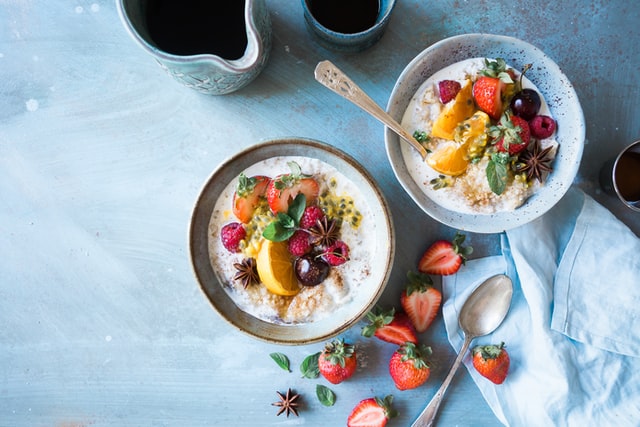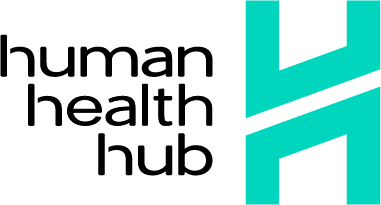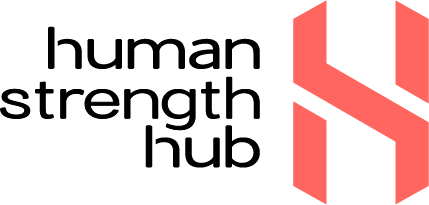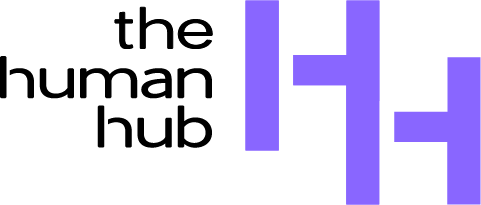Each body is different and requires different bespoke nutritional plans to optimise health and performance. However, all good nutrition plans are based on a set of core principles. For us, this starts with The Clean Up to help us understand the nutrition that you really need, and what you should consider reducing in order to optimise your health. So, let’s start at the beginning, what exactly is The Clean Up?
The Clean Up is a simple nutritional strategy that takes food back to basics. We recommend cutting out inflammatory foods whilst increasing your intake of animal protein, fruit, vegetables and healthy fats in order to achieve optimal health and hormones. This benefits energy levels, stress levels, digestion, performance, sleep and body composition.
Read on to learn more about The Clean Up, what it entails, and the types of food that you should be eating and foods that should be eliminated during this phase of your nutrition journey.
What is The Clean Up?
The Clean Up is the first stage of Human Health Hub’s nutrition plan. It is essential for understanding your current health and what your body does and does not respond well to.
As such, we simplify your nutrition to:
- Cut out inflammatory foods
- Increase fresh fruit and vegetables intake
- Consume adequate amounts of animal protein
- Consume adequate amounts of healthy fats
We go into more detail about each of these factors below, including the kind of foods you should and should not eat.
What are the Guidelines of The Clean Up
Unfortunately, modern, westernised societies are not conducive to eating an optimal diet for health and vitality. The 24/7 availability of food has broken our neuro-regulation of appetite and modern food is engineered to take advantage of this.
Our brains are becoming leptin-resistant and muscles insulin-resistant. This leads to higher rates of obesity, heart disease and diabetes, more so than ever before. To help combat this and optimise your health and hormones, we must first take the following actions.
Cutting Out Inflammatory Foods
Systemic Inflammation is at the heart of a number of modern diseases, including heart disease, diabetes and cancer. The food you eat can contribute to this. Foods such as:
- Processed meat (sausage, bacon, cured meats)
- Commercial baked goods (snack cakes, biscuits, pies, tarts)
- Bread and pasta made with white flour
- Deep fried items (fries, fried chicken, donuts)
- Foods high in added sugar
- Sugar sweetened drinks
- Trans-fats ( commercial baked goods, deep fried items and highly-processed foods)
It is only by reducing your intake of inflammatory foods that you can down-regulate your immune response and start directing energy to detoxification and fat loss.
This is best achieved by moving to single-ingredient foods made up of whole, natural ingredients.
Increasing Fresh Fruit and Vegetable Intake
We all know that eating lots of fresh fruit and vegetables every day is vital for good health. This is even more important as part of The Clean Up, as you need to replace inflammatory foods with whole, natural ingredients such as fruit and vegetables.
Fruit and vegetables are a great source of fibre, minerals and vitamins. The fibre in fruit and vegetables aids digestion and feeds the good bacteria in the gut. Additionally, the vitamins and minerals in fruit and vegetables are bioavailable to the body and play a crucial role in all major bodily systems.
Aim to eat a minimum of three UK cups of fresh fruit and vegetables per day, mixing things up day-today for variety.
Consuming Adequate Amounts of Protein
Humans have evolved with high levels of stomach acid. Therefore, we thrive most when fed with animal protein. We need an adequate amount of protein to support detoxification, which is especially important if you are trying to lose body fat. Protein is also great for satiating hunger and maintaining a healthy blood sugar level. We, ideally, need to consume around 1g – 1.6g protein per kilogram.
Examples of lean protein include:
- Beef
- Ostrich
- Wild boar
- Eggs
- Chicken breast
- Free Range Pork
- Sustainably caught white fish
- Organic plain Greek yoghurt
- Beans, peas and lentils
Consuming Adequate Amounts of Healthy Fats
The body needs to consume healthy fats as it cannot create essential fatty acids itself. This is vital for the absorption of vitamins A, D and E. Additionally, healthy fats can help to raise HDL (good) cholesterol levels, support brain health and may help you to feel fuller for longer.
Examples of healthy fats include:
- Avocado
- Peanut butter
- Nuts such as almonds, hazelnuts and cashews
- Seeds such as pumpkin, sesame and sunflower seeds
- Plant oils such as olive, sunflower, sesame and canola oils
- Omega-3 fats such as kippers, herring, trout, sardines and salmon
Example Meal Plan For The Clean Up
Now you know the basics about The Clean Up, your next step is to clean out your kitchen. We recommend passing on any processed, inflammatory foods you have to friends and family to avoid temptation. Out of sight, out of mind!
From now on, you’ll need to plan three meals per day that are made up of single-ingredient foods. If you think you’ll need a snack throughout the day, simply increase your lunch or dinner portion and eat the leftovers as a snack.
Each meal should consist of:
- A hand-sized portion of vegetables and/or salad (approx 75g-150g / 1 – 2 UK cups)
- A palm sized portion of lean protein (approx 225g-175g / 1 -2 UU Cups)
- A thumb sized portion of healthy fats (approx 20g / 1 – 2 tablespoons)
- Fresh herbs and spices for flavour and differentiation
We’ve provided you with an example meal plan following the principles of The Clean Up below to help you get started.
Breakfast
Start with a drink of fresh lime or lemon juice, a pinch of coloured salt and 330ml of water. This is a great way to boost energy, immunity and gut health. Learn more in our dedicated blog on the topic.
Follow this with one of the following breakfast options:
- 3-4 eggs (any style), served with ½ an avocado, a handful of fresh watercress and a splash of balsamic vinegar.
- 80-100g sliced cold beef and a handful of toasted cashews
- Leftover protein from the night before
You can learn more about the importance of breakfast and find some additional breakfast options in our recent blog.
Lunch
For lunch, choose from the following options:
- Palm-sized piece of grilled chicken with a handful of roasted broccoli and a tablespoon of olive oil drizzled on top
- Oven-roasted salmon fillet served with mixed salad leaves, chopped raw red pepper, cherry tomatoes and a drizzle of red and white vinegar
Dinner
For dinner, we introduce some carbohydrates into the diet – but only for dinner. Choose from:
- Oven-baked sea bass served with sliced red cabbage, a handful of fresh spinach leaves and a portion of white rice.
- Homemade ragu made with fresh minced beef, turkey, chicken, lamb or vegetarian alternative, organic tomato sauce, a handful of sliced mushrooms, carrots and any other vegetables of your choice. Serve with a portion of white rice.
Learn more about how carbohydrates are neither good nor bad in our dedicated blog on the matter.
Final Thoughts
By following this simple nutritional strategy, you should expect to see the following benefits:
- Improved energy levels
- Lowered stress
- Improved digestion
- Improved sleep
- Improved performance
- Better body composition
For many, this strategy is a great way to revamp health and start moving towards fitness goals. But, it is just the start. At Human Health Hub, we can help you to explore your health and fitness goals, as well as bespoke strategies to help you achieve them. Get in touch today to learn more about our nutritional strategies and what we can do to get you where you want to be.
In the meantime, when it comes to your food choices, keep it simple!





